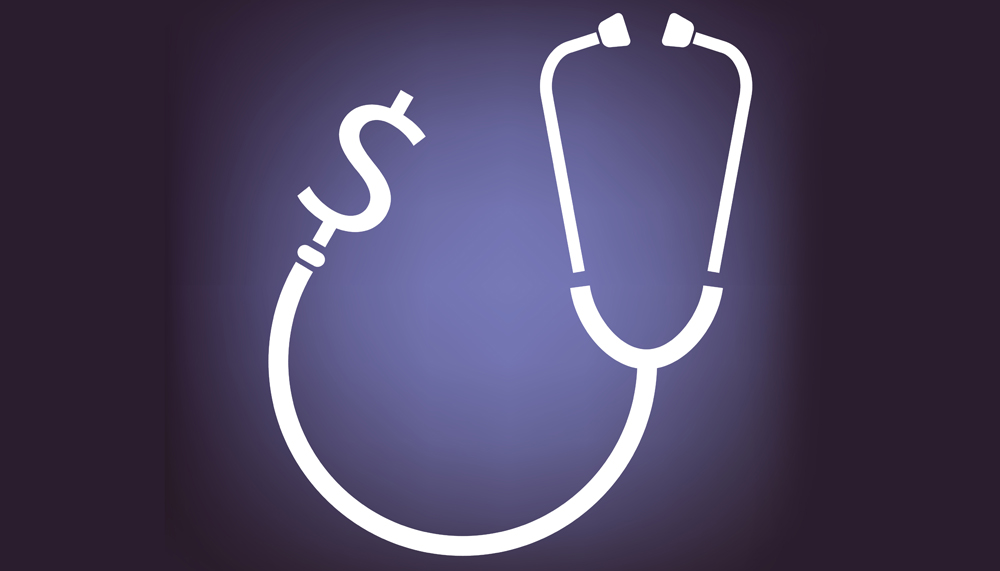Those $7 co-payments add up

Chronically ill, parents of young children face highest increases in cost of care, study shows. By Amie Larter.
New research puts the real price tag on co-payments.
The elderly, families and those with chronic conditions will all be hit harder than originally anticipated, according to figures from a University of Sydney study.
Dr Clare Bayram, co-author of the recent study, said many people were not aware of the combined effect of the proposed co-payments for GP visits, tests and medications.
“The media has discussed the $7 co-payment for GP visits, but many people were not aware that the proposal included co-payments for imaging and pathology tests, as well as an increase in the medication co-payment,” she said.
Using data taken over a 12-month period up to March 2014, modelling has shown the full brunt of the combined proposals.
Young families with two children can expect to be out of pocket an average of $184 more a year, whilst an average general patient with Type 2 diabetes would pay an extra $120 a year, with a quarter of these patients spending $150 a year or more.
Self-funded older couples without a Commonwealth concession card can expect to pay an average of $244 more annually – $189 in GP visits and tests, as well as $55 extra for medications.
Even more surprising, Bayram said, is the cost to older patients with concession cards. “[This group] will face a substantial additional burden … They will pay an average of $199 more a year.”
These findings back concerns from health organisations and consumers that the pending co-payments will deter such vulnerable groups from accessing appropriate healthcare.
“Our research demonstrates the additional cost co-payments will generate for patients is substantial, particularly for older people and those with chronic diseases,” Bayram said. “It’s a logical conclusion that co-payments will result in cost barriers for more patients, and anything that deters patients from visiting their GP and seeking the care they need or following their GP’s instructions for care is a concern.”
Debra Thoms, ACN CEO, said effects calculated in the study reflect the group’s thinking on the additional costs patients have to bear. She said ACN is particularly concerned because the costs “are additional to existing out-of-pocket costs, which are already high compared with the OECD average”.
“The Australian Government portrays the co-payments to be equivalent to everyday personal indulgences, such as a cup of coffee. However, for some people $7 may be a much-needed bus fare. If patients see a GP, require a blood test and some X-rays, the co-payments will double, or triple to $21.”
Thoms believes policies with a short-term focus may potentially yield long-term adverse health consequences for lower income populations.
“Wherever possible, government policies should be evidence-based,” Thoms said. “The Australian Government should do modelling to investigate whether these co-payments generate any government savings, how much necessary healthcare they may cause people to forgo and any long-term cost to society generated through necessary healthcare forgone.”
Email: [email protected]





